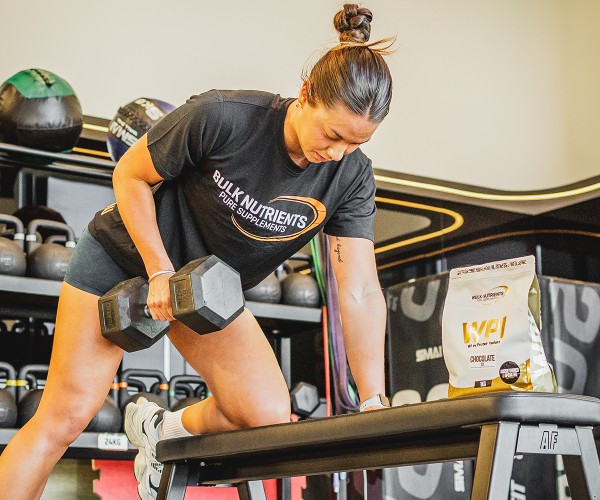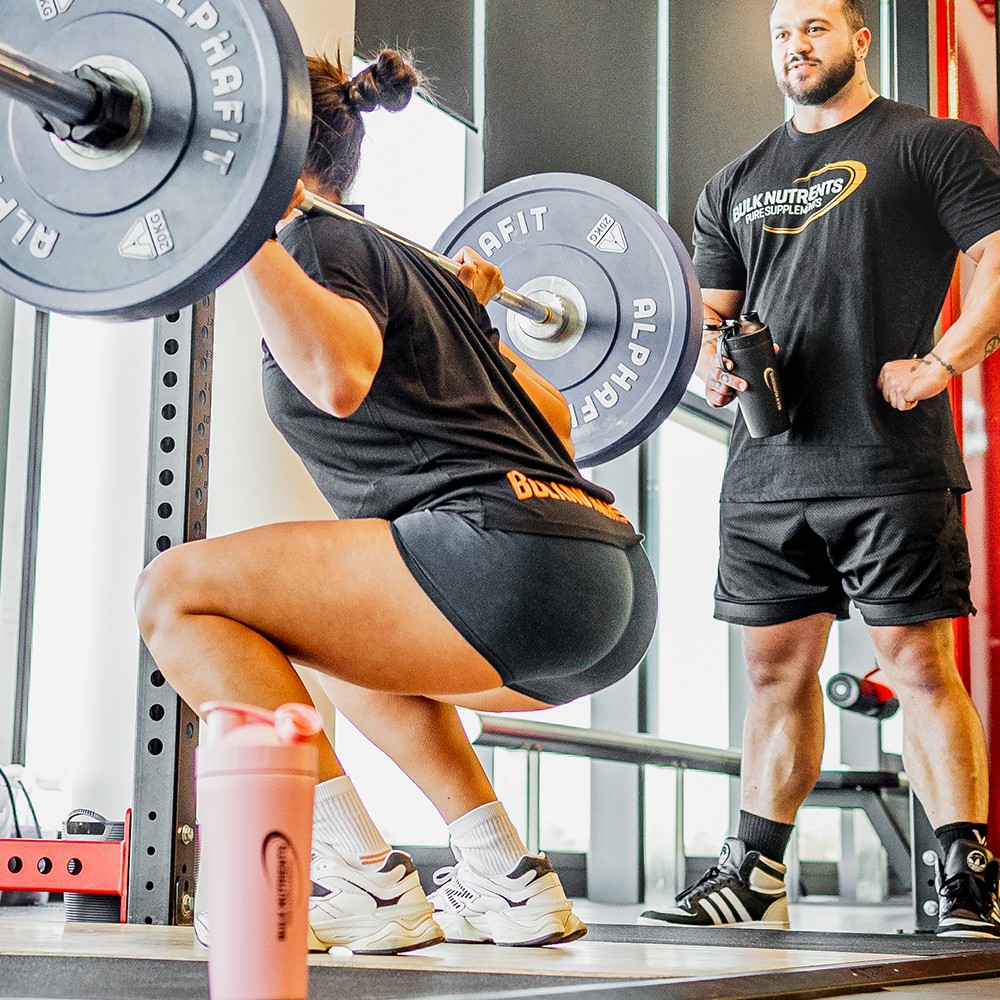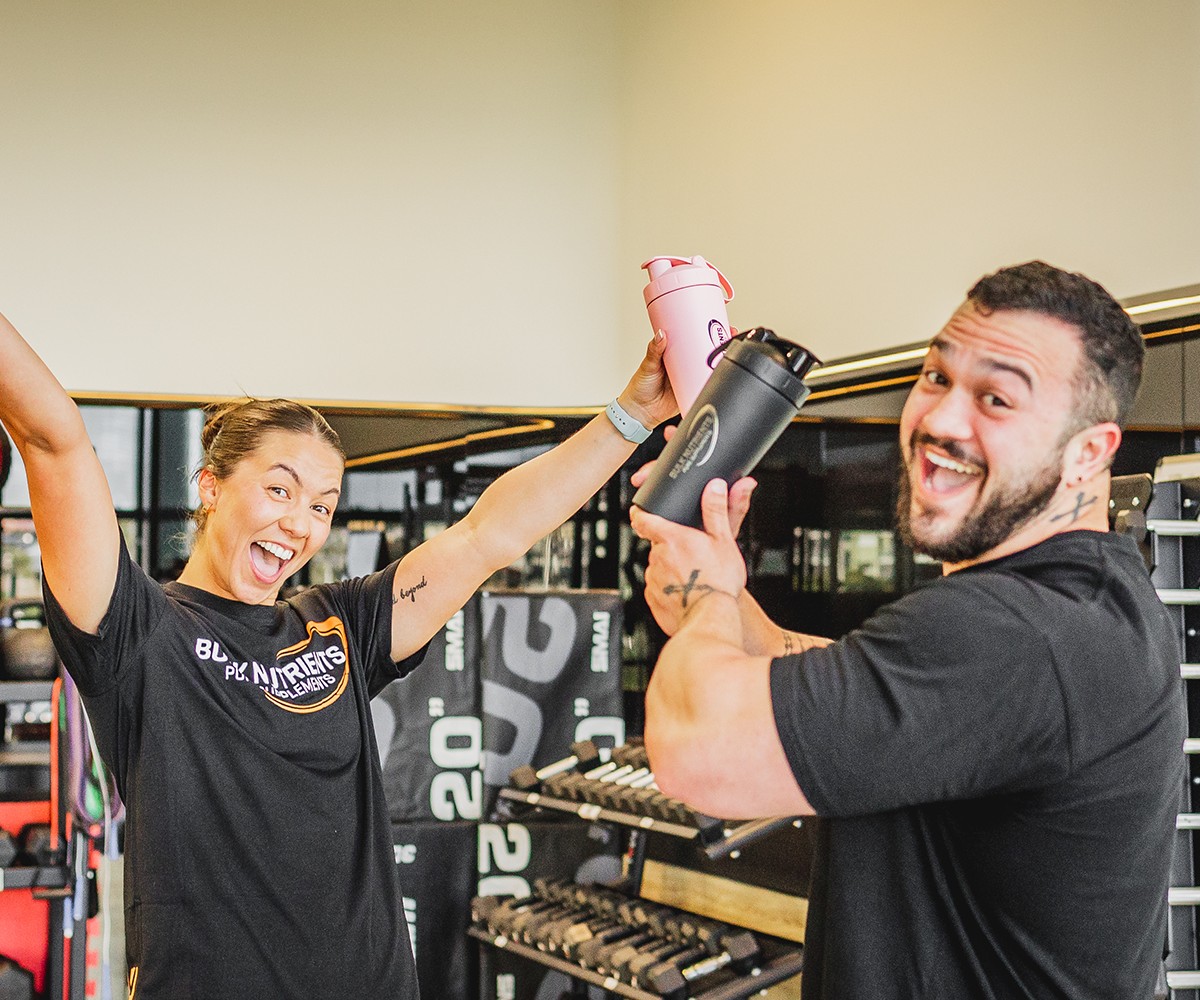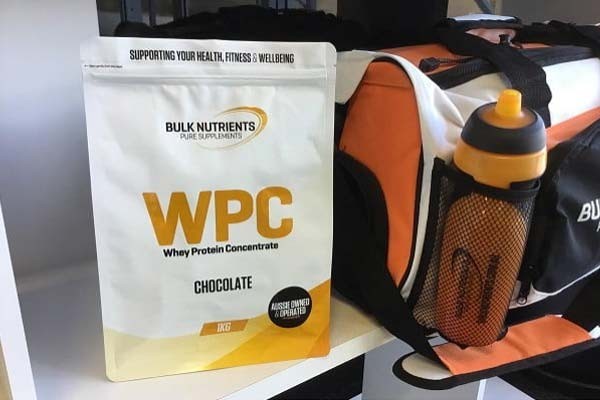
Signs you're fatigued and how to overcome it
Posted by Dayne Hudson
Estimated reading time: 6 minutes

Training to failure is defined as completely fatiguing your muscles during exercise by lifting as many reps as possible. When you can’t curl those dumbbells anymore, that’s muscle failure!
So to discover the best possible answer, researchers recently performed a meta-analysis, which involves gathering a heap of studies on a topic, analysing the data, and then drawing a conclusion. Their research found that training to failure isn’t necessary for maximising muscular strength or hypertrophy.
What's the best exercise for bicep growth? Find out in our detailed guide.
So that’s it? We should never train to muscle failure again and cruise through our workouts and enjoy maximal muscle growth?
Well, not quite...
Only 15 studies met the authors criteria and they admitted there are gaps in the literature that means a definitive answer isn’t possible yet. But all hope is not lost! They still have some important advice for us.
The truth is (and the big findings were) that training to failure for prolonged periods can result in overtrained muscles and slower growth; doing it on every set is not a good idea.
Further research reports that training to failure excessively leads to muscle damage in comparison to non-failure workouts. And perhaps more critically, overtraining was shown to extend the recovery period.
So constant training to failure for the best muscle growth results is not the way to go, so then what is?

The researchers suggest that training a few reps shy of muscle failure may be the best bet and that a handful of sets to muscle failure may be necessary and thus is recommended.
They point to other studies that back up this recommendation (we’ll tell you how to implement this practically in a moment!).
That aforementioned study suggests secondary isolation exercises (cable flies, lat pulldowns, machines, etc) should be performed at a rep range of 8-12 and about 0-2 reps shy of failure, and primary compound movements performed at a 6-10 rep range, with 2-4 reps shy of muscle failure. So take a snapshot of this ahead of your next workout:

With this in mind, let’s use the hypothetical example of Bulk Nutrients customer “Jason,” who is looking to increase muscle mass as much as possible.
Jason’s Tricep Workout:
5 x Tricep pushdowns, a secondary isolation exercise:
4 x Plated bench dips, a primary compound movement
3 x Skull crushers, a secondary isolation exercise:
So we can see how “Jason” is performing 3 sets out of 12 to total muscle failure, with the rest within range of what was recommended by the meta-analysis that is the focal point of this article. As the researchers mentioned, this puts “Jason” on track to grow maximal muscle size without the potential of overtraining.
We can complement our intense workouts and get on the road to recovery faster by making sure we get enough protein. Research suggests we consume about 1.6 grams of protein per kilogram of body weight per day, and up to 2.2 grams if need be.
Because it can be hard to get enough protein when we need it, a protein powder supplement is a convenient (and low-calorie) way to consume enough protein every day.
Our Bulk Nutrients Whey Protein Concentrate (WPC) comes in multiple flavours that will make this duty a breeze.

We hope that your question has now been somewhat answered: training for muscle failure all the time is not ideal, and only doing so for a handful of sets might be better. More research is needed, and a definitive answer or program is not yet possible due to the infantry stages of research.
But there is still enough data to recommend that leaving some reps in the tank on the majority of exercises (which varies depending on whether or not they are compound movements or secondary isolation exercises), may be ideal to ensure we don’t become overtrained and go backwards.
By keeping this in mind, you can ensure you progress with your muscle growth as best you can!

Like many, Dayne was once desperate to lose weight and get into shape. But everyone he asked, everything he read, lead to the same place... nowhere.
His journey started there - researching science journals and completing a Sports Nutrition Specialist qualification so he could make weight loss easier.

Posted by Dayne Hudson
Estimated reading time: 6 minutes

Posted by Dayne Hudson
Estimated reading time: 5 minutes
With over 700 recipes and articles, the Bulk Nutrients Blog has something for everyone! Find a new workout, meet our ambassadors or take a deep dive into our products today.
We're an Australian manufacturer and supplier of high quality sports supplements.
Operating since 2008, Bulk Nutrients has become one of the premier Australian brands to supply nutritional products to top level athletes, competitors and those on a journey to a healthier lifestyle.
One thing that sets Bulk Nutrients apart is that we love to talk to our customers!
Whether you need product advice, help with the website or need a change made to your order... call us on +61 3 6266 4725.
If you prefer email you can email us day or night at info@bulknutrients.com.au
For online chat, hit the 'Chat' button in the bottom right hand corner of your screen and you'll be connected to one of our lovely customer service team.
Or if you'd like to get in touch through our online contact form, that's cool too!
Terms & ConditionsSustainability StrategyPrivacy PolicyPayment InformationSitemap
All prices are in Australian dollars (AUD) and include GST unless otherwise stated.
All content copyright © Bulk Nutrients 2008 - 2024